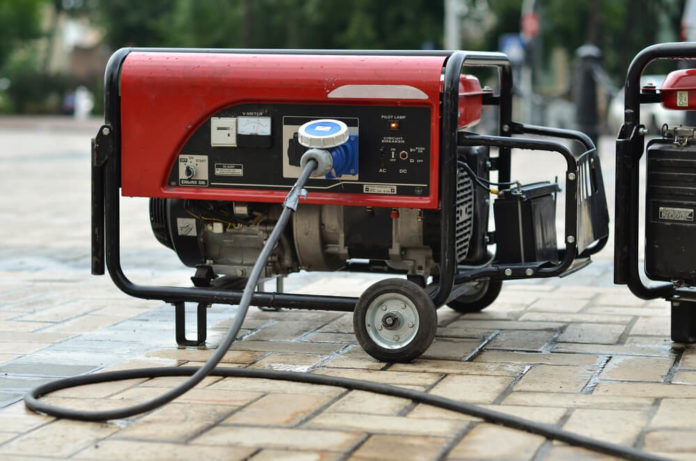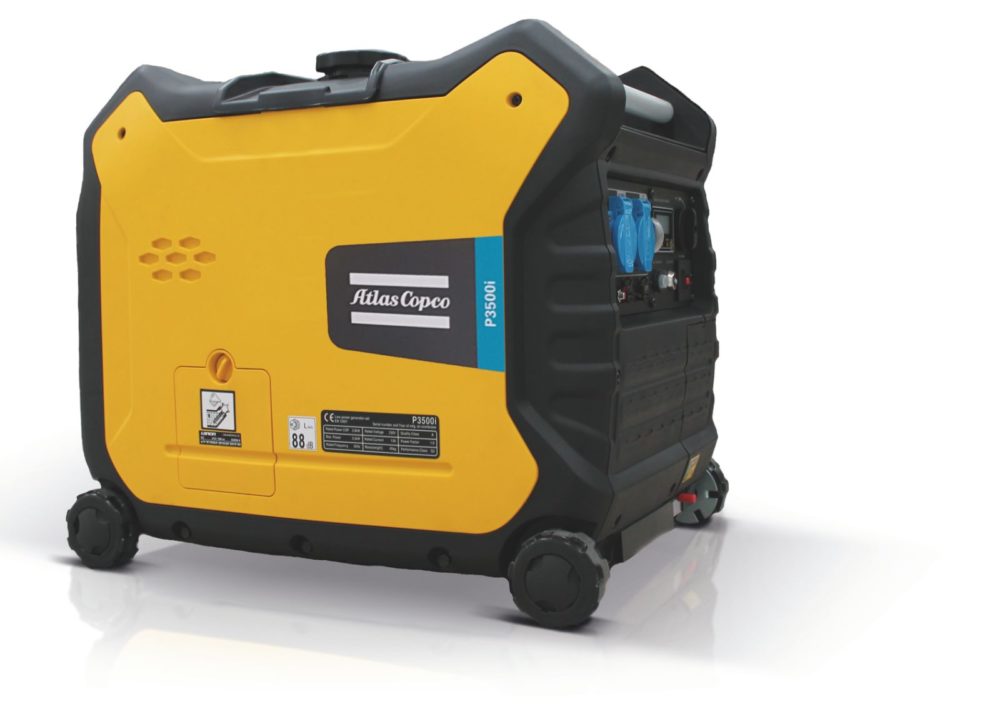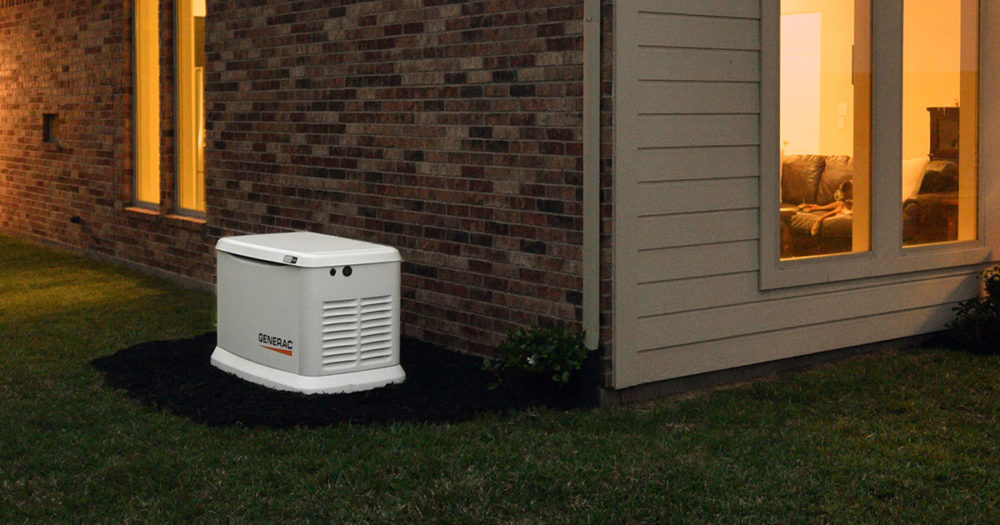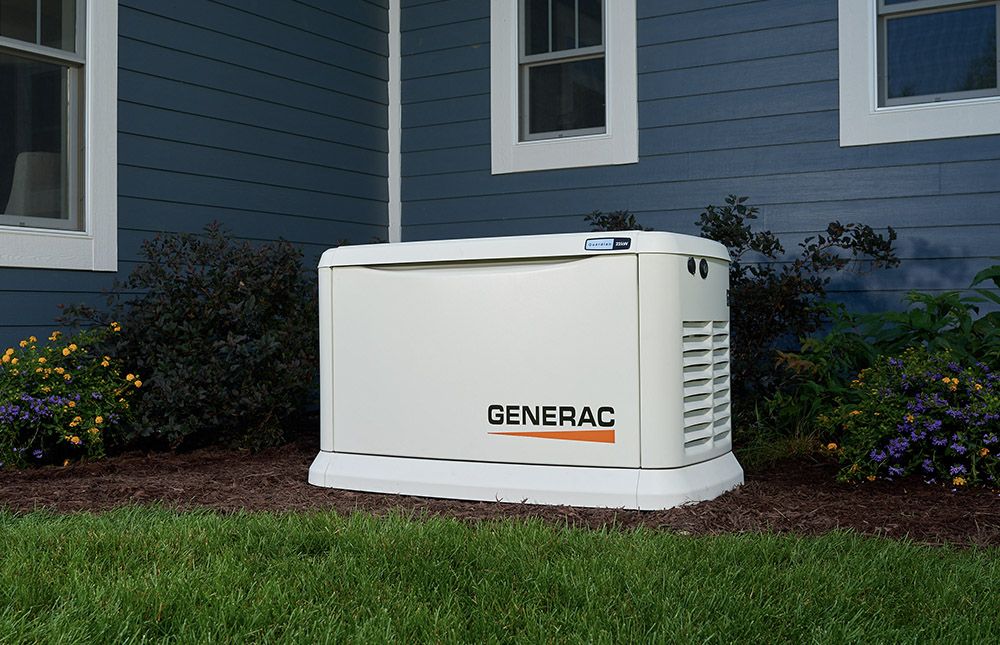
As time goes, our electrical grids are getting more and more susceptible to climate change, natural disasters, and growing power demands. This is leading to frequent power outages across several regions. Thus, you are not the only one who is thinking about investing in a good generator.
If this is your first time dealing with generators, this article will help you look into the major categories and their operational and cost features. That way, you will be able to decide which generator will be worth your purchase. Once done, you can say goodbye to power outages!
There are basically 3 popular types of generators; portable, standby, and solar. Find out which one suits your home and choices better:
1. Portable Generators

Cheap and easy to install, these generators can power almost as much as a standby generator depending on the watts.
Easy Installation
You can easily set up portable generators minus the fuss. Just set them up where you want to place them. Ensure that they have been fuelled and plugged in before you switch them on.
Reasonable Pricing
Investing in a portable generator will cost anywhere between $500 to $1500 if it is one of those generators providing up to 10000 watts of power. This is sufficient to power an average home that contains light fixtures and standard kitchen/home appliances. Apart from the fuel costs, setup costs of around $30 might be incurred but not more than that.
2. Standby Generators

There’s an automatic transfer switch in the standby generator. In case of a utility outage, the switch detects the power loss. This causes the generator to start supplying power back to the circuits.
The installation procedure is a little bit complicated, for which you may need to bring a professional. Usually, the companies you buy the generators will provide the installation services as well.
Standby generators depend on natural gas or propane to function. Thus, you will require a fuel source to hook the generator. Once your fuel supplier thoroughly inspects the placement and the generator, they will set it up.
Standby generators that will be able to power the entire home will cost between $3000 and $5000. Not only that, there are installation charges around $2000-$4000, which include both the plumber and installation technician’s fee.
As pricey as it may seem, the long-term advantage of a standby generator is that it can increase your home resale value since it becomes a permanent addition to your property. Able Sales has a wide range of generators you can choose from. For further information, visit ablesales.com.au
3. Solar Generators

Solar generators are composed of a battery pack, charge controller, and inverter in a compact interface that has the ability to turn solar energy into electrical current. The solar panels capture the energy from the sunlight, storing them in a portable unit. Using the unit, energy can be used later when needed.
That being said, solar generators are not the right option for homes. Rather, they can be used in RV’s or boats. Alternately, they can be used as a backup for a few selected utilities when there’s a power outage.
The Easiest Operation Of All
Installing and operating a solar generator is the easiest of all. Just charge the generator first for the recommended hours and connect it with the appliances you want to use.
More price, More Amp
High-power solar generators that can provide backup to your utility appliances will cost around $2000-$4000. These generators usually have 1800-3000 watts offering as many as 245 amp-hours.
The larger ones that can power an entire home or building, on the other hand, are more on the expensive side, running between $10000-$50000. They usually contain 3500 watts and offer a couple of thousands of amp hours.
You should keep in mind that the larger the generator, the greater the shipping costs. Consider an extra $500-$1000 for that.
The Verdict

All of the three generator types have their own pros and cons. However, if you are looking for something that will be limited to home use only, invest in a standby generator since it increases your property value and is the most reliable sort of generator of the 3 options.
As for the noise factor, standby generators are less noisy compared to the portable ones. They are quiet enough to not interrupt your household chores.
On the other hand, portable generators are suitable if you need immediate power for the critical appliances when the power goes out in low upfront costs, but considering the manual startup, having to set up every time you use it and ongoing fuel costs, it is not worth your investment.
Solar powers are considered to be the cleanest energy solutions for power outages. However, most of the household solar panel systems feed directly to the main power grid, which means they will stop working during outages and will not produce energy again until the utilities start again. For that, you will have to invest in off-grid solar power systems or install battery backups, which incur further costs.
We understand how dealing with frequent power outages can be a pain, and finding a decent solution is far more painful. Therefore, considering all the positive and negative aspects of each of the types of generators, we hope that this article helps you in deciding which one to buy.








